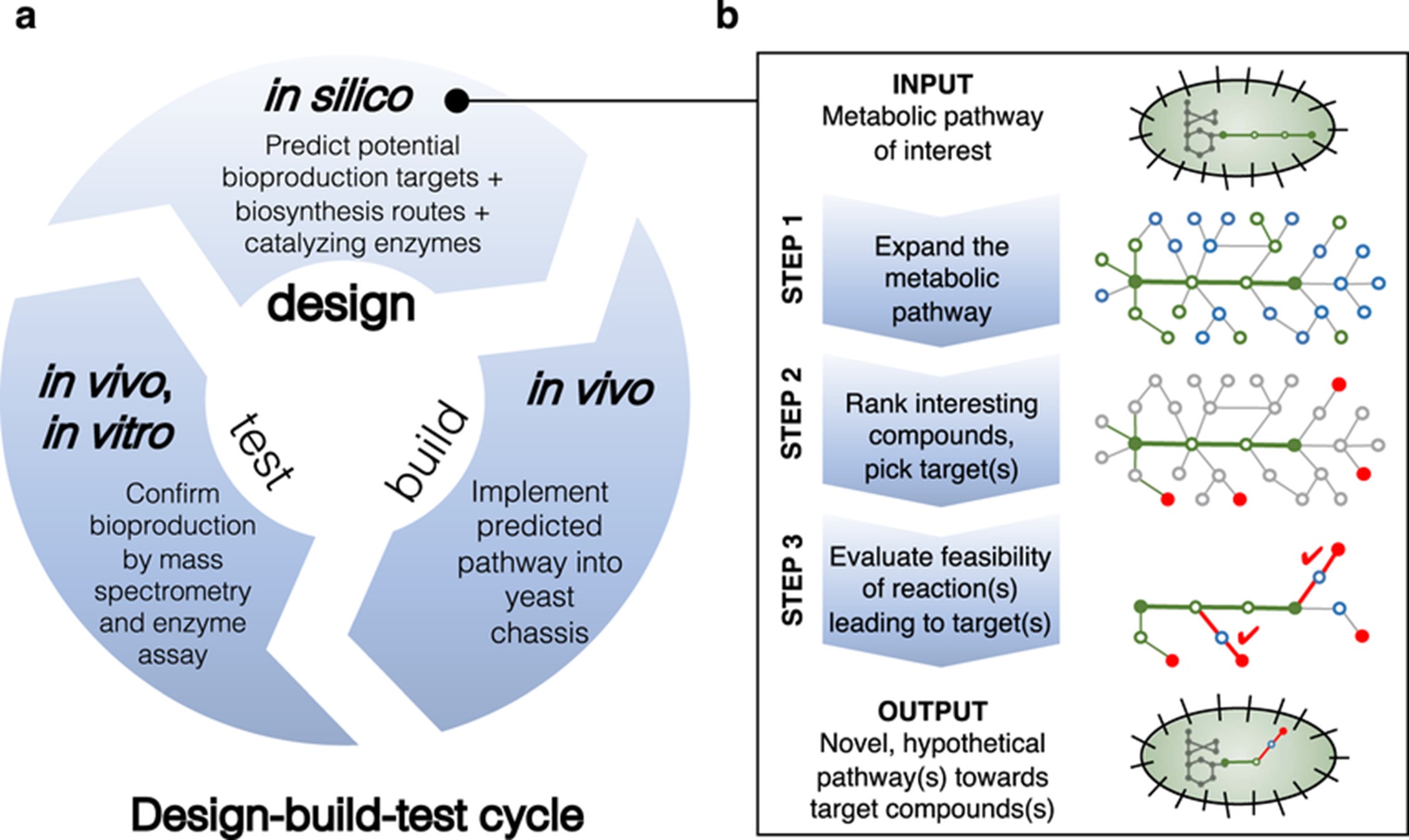EnzymoGenius™ specializes in seamlessly integrating bioinformatics into enzyme engineering workflows, providing cutting-edge solutions to accelerate biocatalyst development. Our services are tailored to meet the intricate demands of enzyme engineering, fostering innovation and efficiency in biological catalyst design.
Overview
Integrating bioinformatics into enzyme engineering workflows has emerged as a pivotal approach, enhancing the efficiency and precision of enzyme design. This integration leverages computational tools to analyze biological data, enabling the identification of potential enzyme candidates with specific catalytic properties. Through the systematic analysis of genomic and proteomic data, researchers can predict enzyme functionalities, assess substrate specificities, and optimize reaction pathways. This bioinformatics-driven strategy has significantly accelerated the identification of novel enzymes, expediting the design and development of biocatalysts for diverse industrial applications. Recent advancements in this field include the refinement of algorithms for protein structure prediction and the incorporation of machine-learning techniques, contributing to the continual improvement of enzyme engineering methodologies. These developments underscore the transformative impact of bioinformatics in advancing the field of enzyme engineering, promising unprecedented opportunities for tailored enzymatic solutions across various biotechnological domains.
 Fig. 1 Overall workflow integrating computational prediction of target compounds, pathways, and enzymes with experimental validation. (Hafner J, et al., 2021)
Fig. 1 Overall workflow integrating computational prediction of target compounds, pathways, and enzymes with experimental validation. (Hafner J, et al., 2021)
Our Services
- Bioinformatic Analysis
Leveraging advanced computational tools for sequence analysis and structural predictions.
- Molecular Docking Studies
Exploring substrate-enzyme interactions to enhance catalytic efficiency.
- Evolutionary Conserved Residue Identification
Uncovering crucial residues for enzyme stability and functionality.
- Pathway Analysis
Evaluating metabolic pathways to optimize enzymatic reactions.
- Structural Bioinformatics
Utilizing 3D structural information for rational enzyme design.
- Machine Learning Integration
Harnessing predictive models for enzyme behavior to guide engineering efforts.
Technical Advantages
- Precision Modeling
Employing state-of-the-art algorithms for accurate enzyme structure prediction.
- Comprehensive Dataset Integration
Incorporating diverse biological datasets to enhance analysis depth.
- Robust Predictive Analytics
Utilizing machine learning algorithms to forecast enzyme performance with high accuracy.
- Scalable Computational Infrastructure
Handling complex datasets and computations with efficiency and speed.
Application Areas We Can Serve
EnzymoGenius™ caters to a wide range of application areas, including but not limited to:
- Pharmaceuticals
Optimizing enzymes for drug synthesis and pharmaceutical production.
- Biofuel Production
Engineering enzymes for enhanced efficiency in biofuel processes.
- Agricultural Biotechnology
Improving enzymes for sustainable crop protection and nutrient utilization.
- Industrial Biocatalysis
Tailoring enzymes for industrial processes, minimizing environmental impact.
- Environmental Remediation
Designing enzymes for effective degradation of pollutants.
EnzymoGenius™ excels in providing end-to-end bioinformatics solutions for enzyme engineering, empowering industries to achieve breakthroughs in diverse applications. With a focus on precision, our services span bioinformatic analysis, molecular docking studies, evolutionary residue identification, pathway analysis, structural bioinformatics, and machine learning integration. Contact us to explore the possibilities of advanced bioinformatics in accelerating biocatalyst development.
Reference
- Hafner, J.; et al. A computational workflow for the expansion of heterologous biosynthetic pathways to natural product derivatives. Nature Communications. 2021, 12(1).

































 Fig. 1 Overall workflow integrating computational prediction of target compounds, pathways, and enzymes with experimental validation. (Hafner J, et al., 2021)
Fig. 1 Overall workflow integrating computational prediction of target compounds, pathways, and enzymes with experimental validation. (Hafner J, et al., 2021)